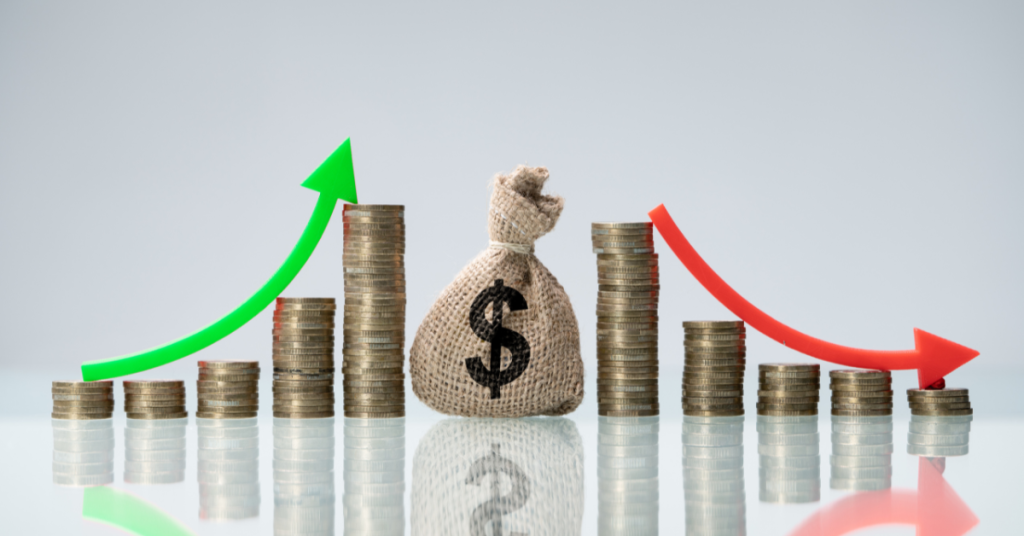The economy moves in cycles—periods of growth are followed by slowdowns, sometimes even recessions. Right now, global and local economic conditions suggest we could be entering an “economic winter,” a period of slower growth, rising costs, and financial uncertainty.
“Economic downturns are part of the business cycle. While we can’t control them, we can prepare for them,” Henry Ong, a Registered Financial Planner, told FinancialAdviser.ph
So what does this mean for your money, and how can you protect yourself? Here’s what you need to know.
-
Inflation and Interest Rates Are Pressuring Households
Rising prices and higher interest rates have made everything from groceries to loan payments more expensive. If inflation remains high, consumers may cut back on spending, which can slow down economic growth.
“When people spend less, businesses earn less, and the ripple effect spreads to jobs, wages, and investments,” Ong explains.
The best move? Review your budget, cut unnecessary expenses, and prioritize saving. Now is the time to be financially cautious.
-
Job Security Could Become a Bigger Concern
In economic slowdowns, businesses may freeze hiring or even lay off employees. Industries sensitive to economic cycles—like retail, real estate, and tourism—are often the first to feel the impact.
“If a recession hits, job security becomes uncertain. It’s crucial to build an emergency fund and have backup income sources,” says Ong.
If you’re in a vulnerable industry, now is the time to upgrade your skills, explore side hustles, and strengthen your professional network.
-
Investments May Get Volatile—But That’s Not Always Bad
Stock markets often react negatively to economic uncertainty, but that doesn’t mean investors should panic-sell.
“Economic slowdowns create buying opportunities for long-term investors,” Ong advises.
Instead of trying to time the market, stay invested, diversify your portfolio, and look for undervalued stocks. Market dips often lead to strong rebounds.
-
Borrowing Gets More Expensive
With interest rates higher than in previous years, borrowing money is no longer as cheap as it used to be. If you have debts, paying them off quickly should be a priority.
“Avoid unnecessary loans and focus on paying down high-interest debt first,” Ong recommends.
If you need to take out a loan, shop around for the best rates and avoid borrowing for non-essential purchases.
The Bottom Line
An economic winter doesn’t mean disaster—it just means adjusting your financial habits. Cut back on unnecessary spending, secure your income, stay invested, and reduce debt.
No one can predict exactly when a slowdown will hit, but those who prepare early will be in the best position to weather it.
![]()



